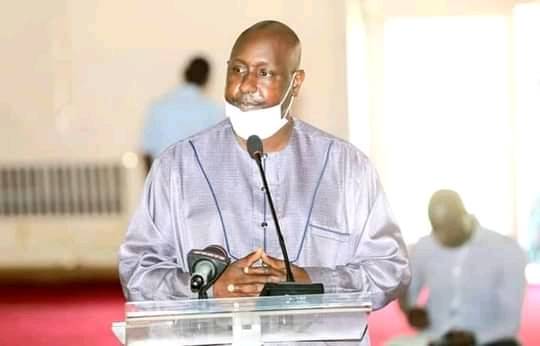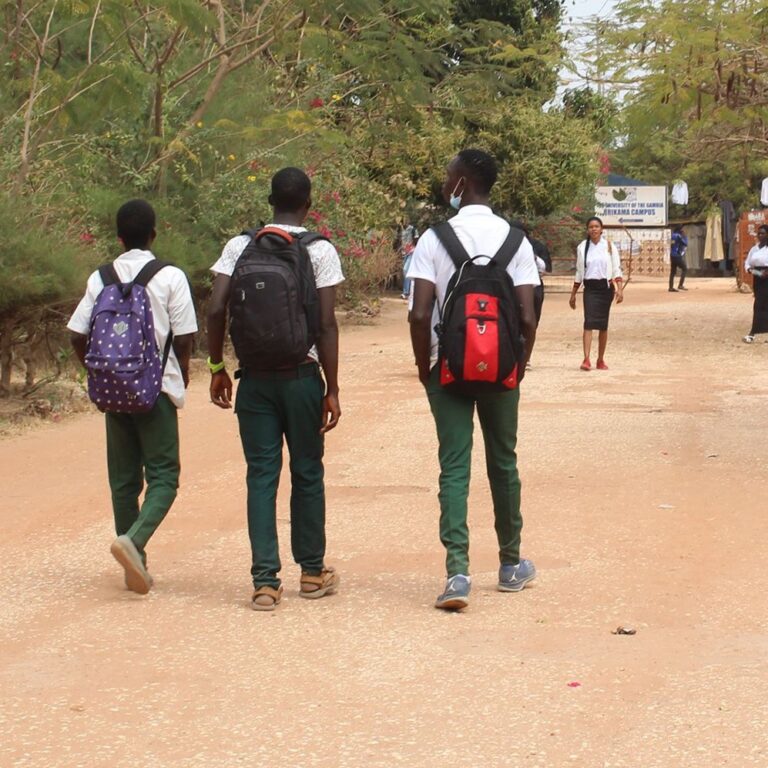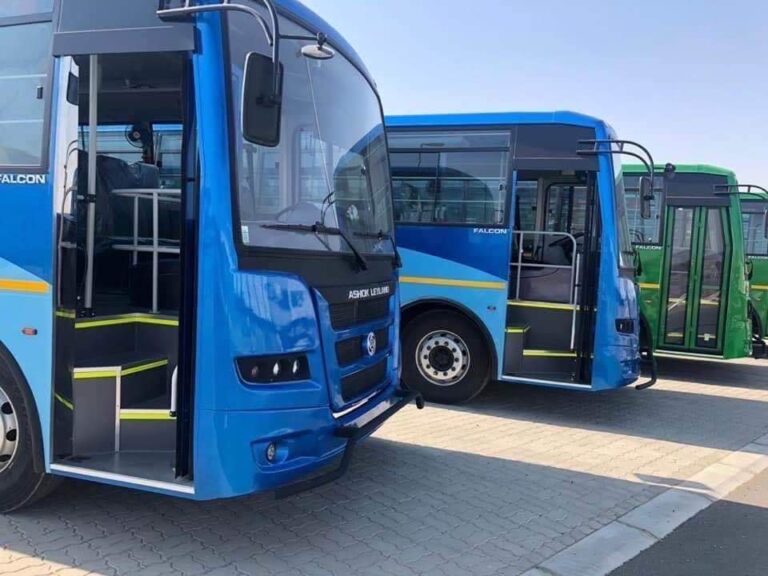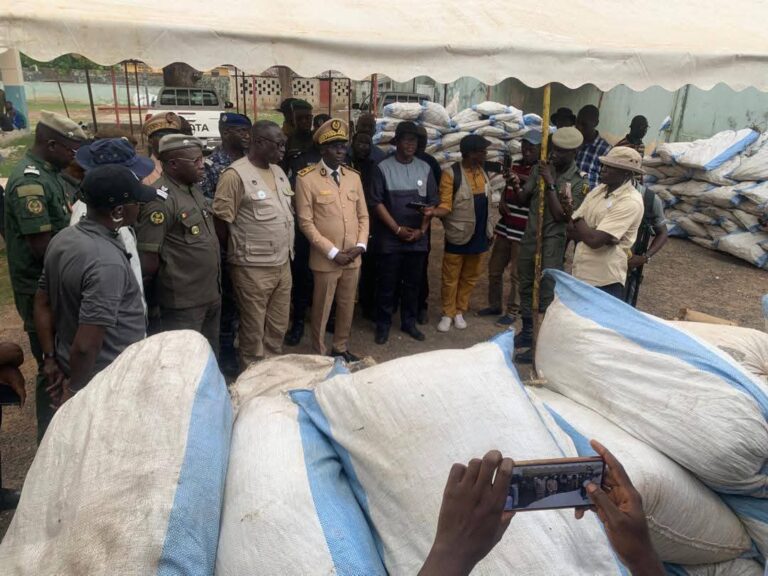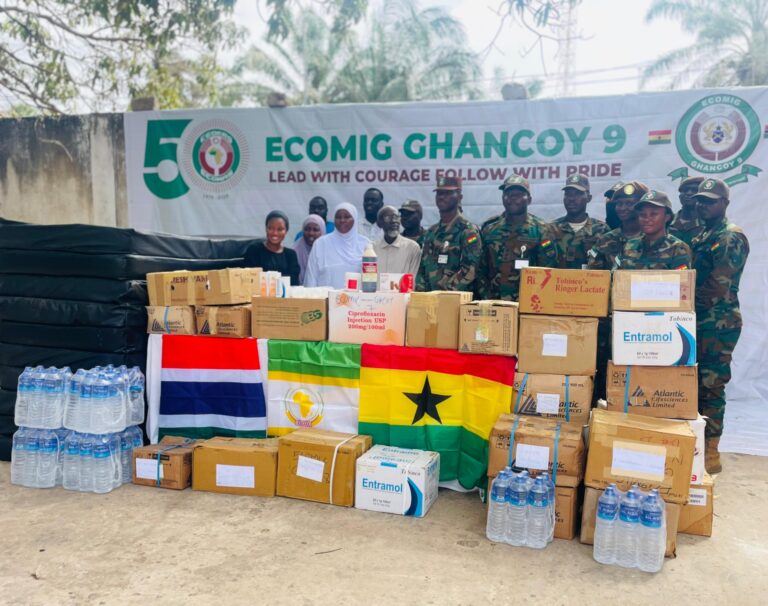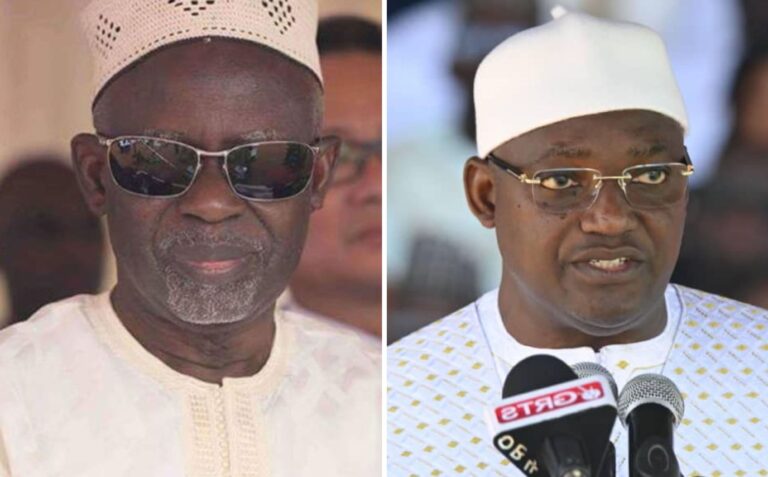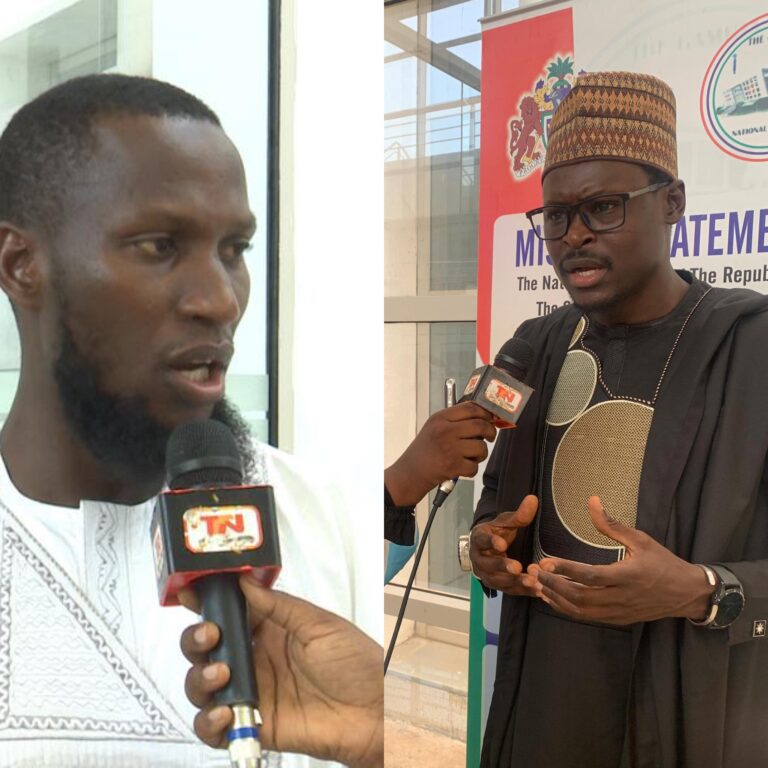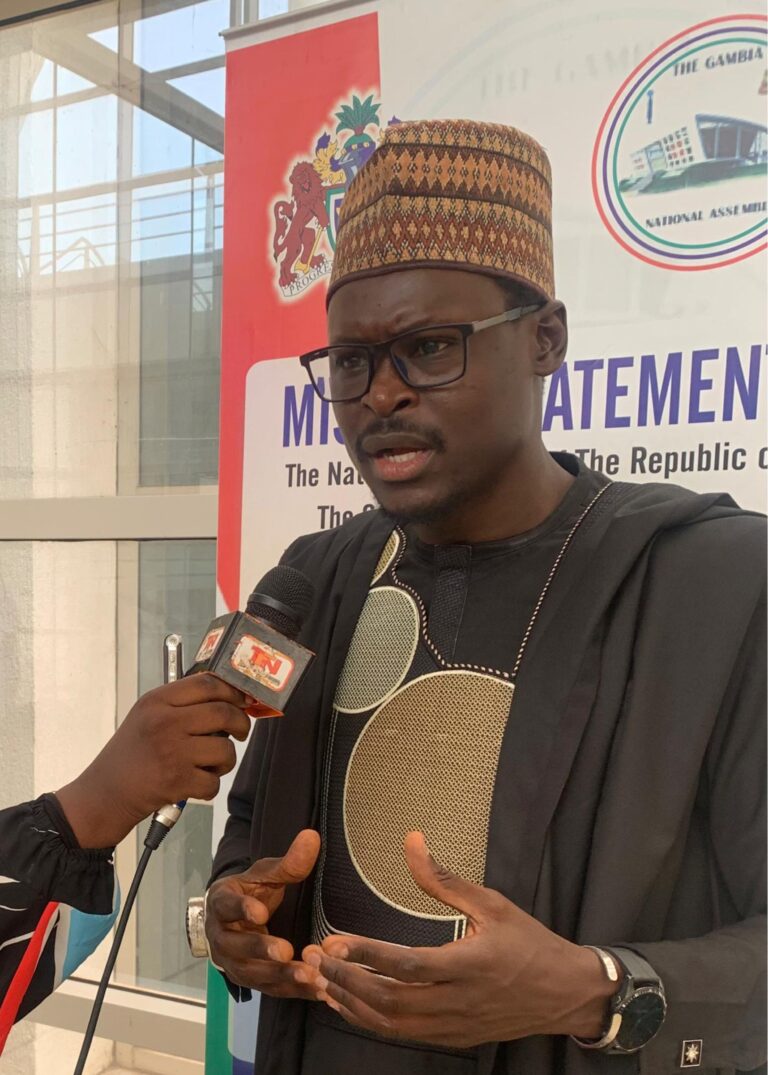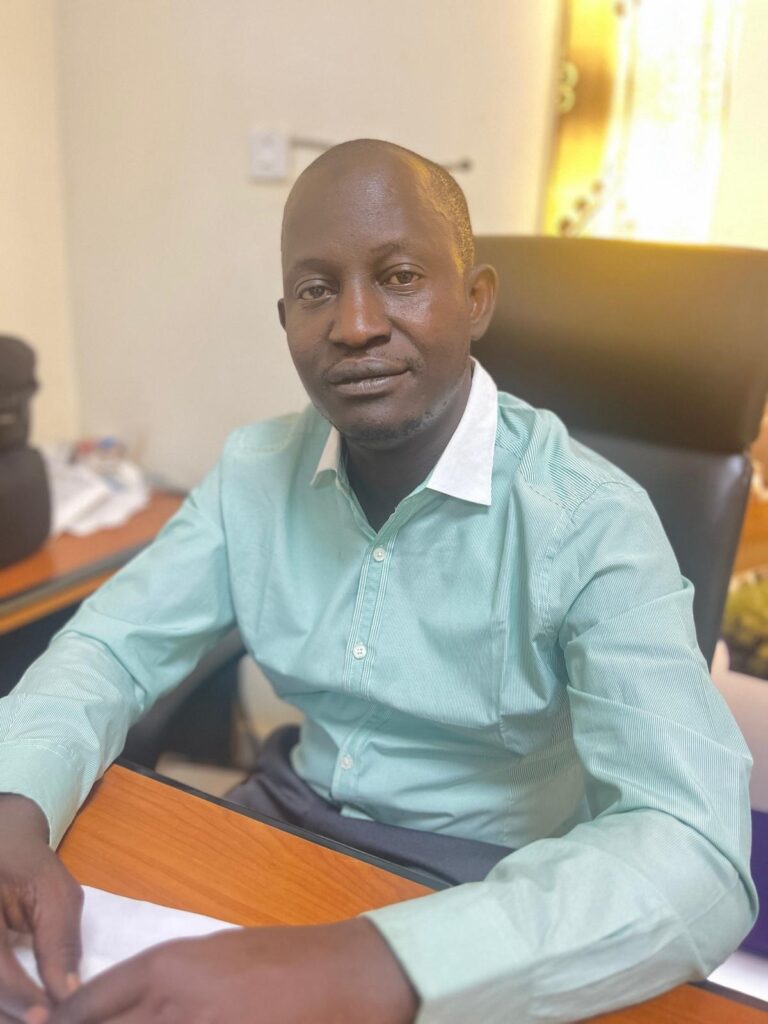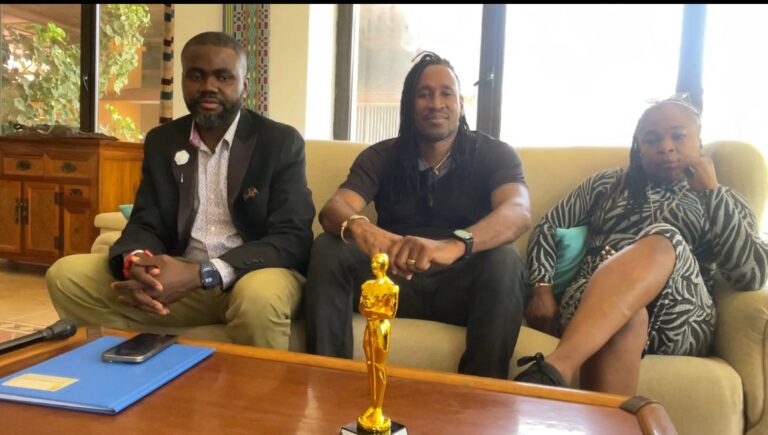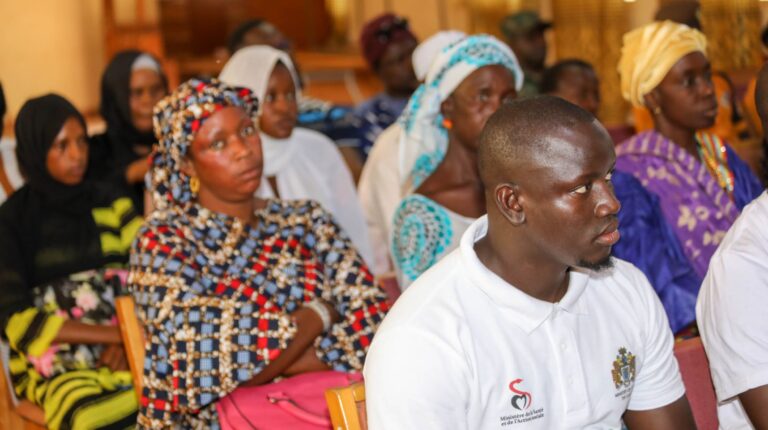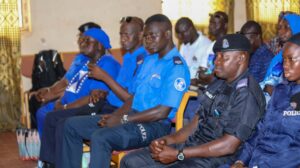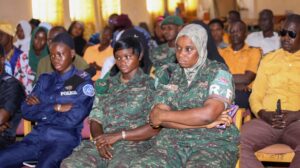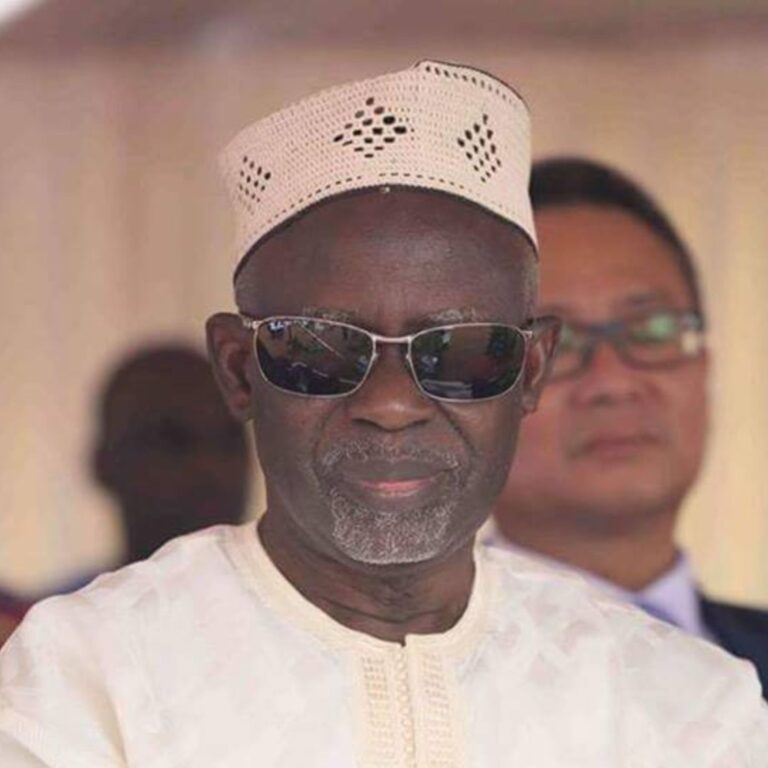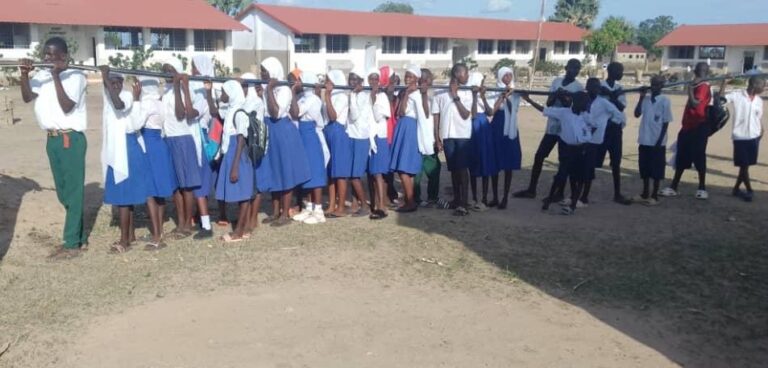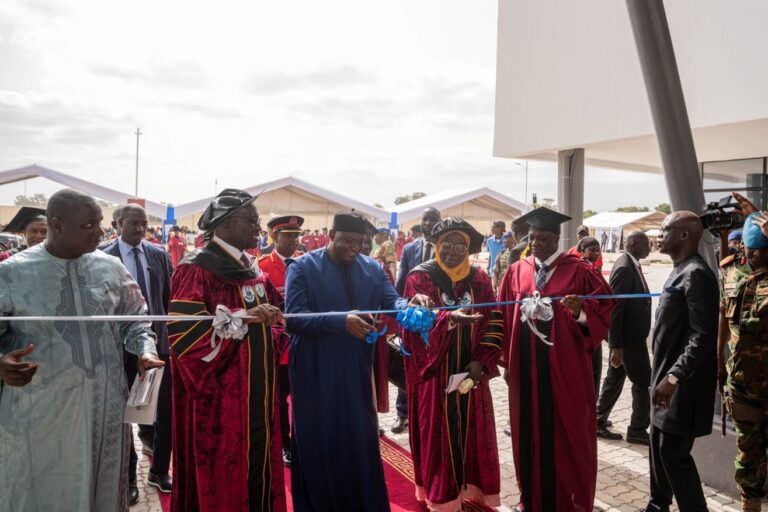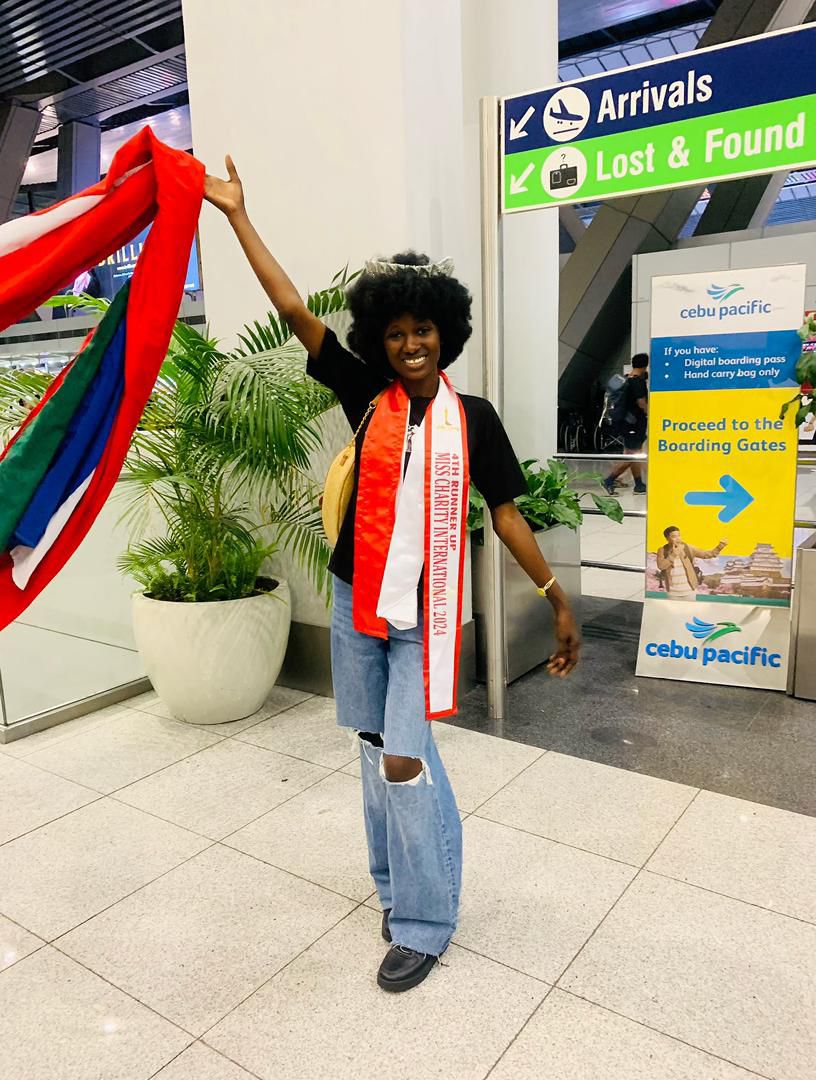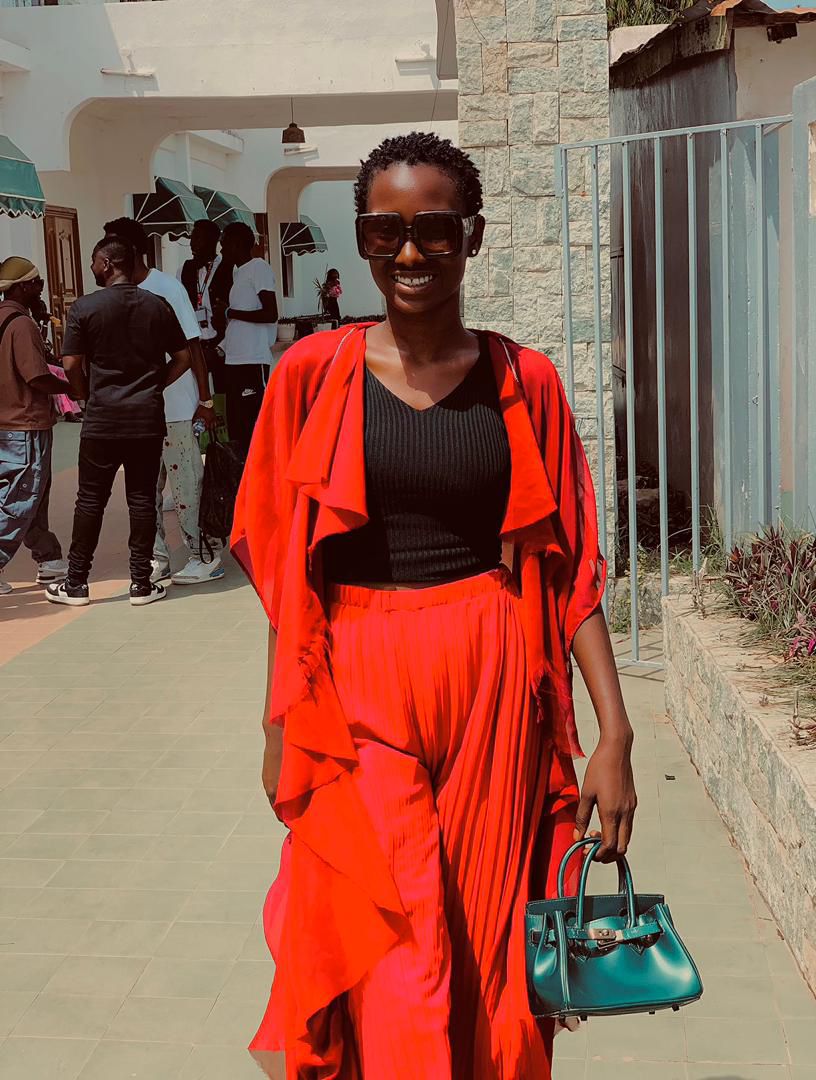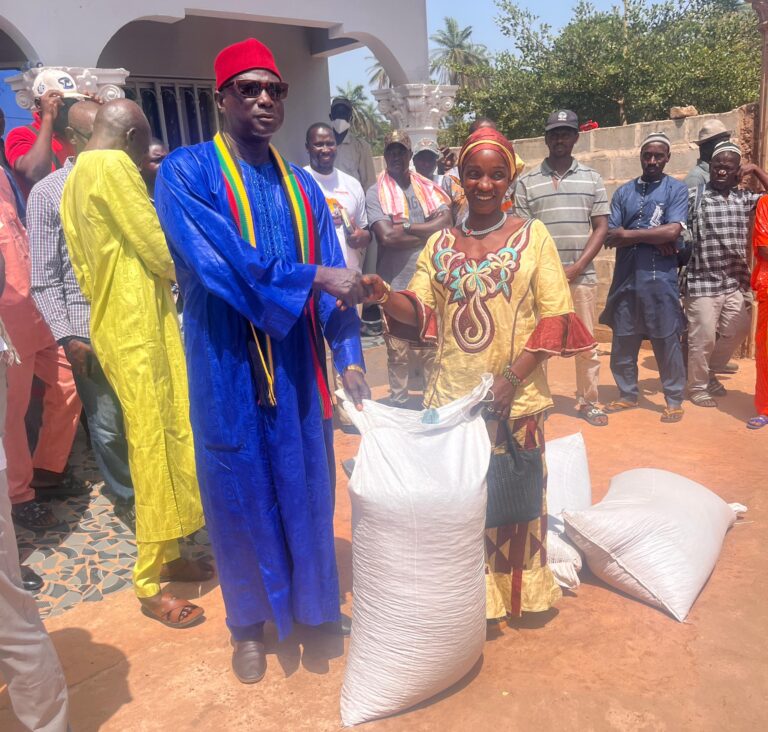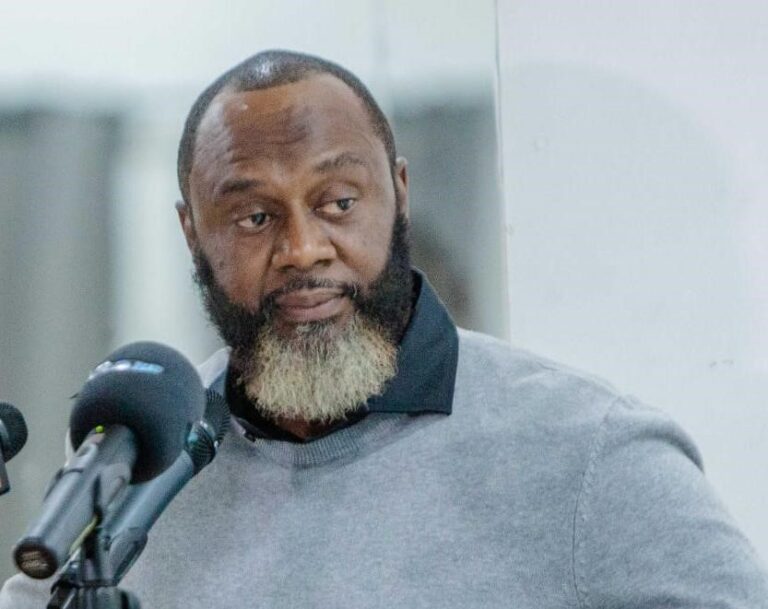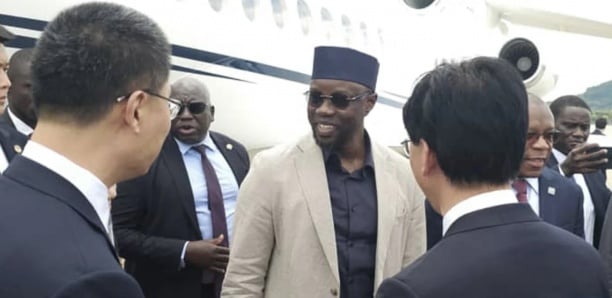Editor’s Note:
This article is a guest editorial submitted by an external author and published as sponsored content.
Written by: Adama Jallow
The Chief Executive Officer (CEO) who is also the managing director of Kurubally Construction Company Limited has applauded The Gambian leader, His Excellency, President Adama Barrow and the government of The Gambia for its policy of supporting and empowering local contractors.
Cherno Kurubally shared this thought in an engagement with The Fatu Network, during the commissioning of a historic landmark College of Science and Engineering (CoSE) Building and the First Convocation of the Home-Grown Engineers of The Gambia University of Applied Science, Engineering and Technology (USET) in Brikama.
Inaugurated on June 21, by President Adama Barrow, the contract for the construction of landmark edifice was awarded to the Kurubally Construction Company LTD by the government of The Gambia.
Funded by the World Bank ACE Impact for Development Project, the structure is embedded by 12 classrooms, 5 studios, 28 offices, a 250-seat auditorium, a conference meeting room, 15 modern and fully equipped engineering laboratories, and 4 workshops, namely, Welding, Automotive, Mechanical, and Theory of Machines workshops, all furnished with state-of-the-art machinery and tools.
He lauded the government for entrusting the Gambian firms with such nationally significant edifice- the University of Applied Science, Engineering and Technology (USET) projects.
The move, he said, will not only foster homegrown capacity, but would also encourage inclusive development and strengthen national self-reliance.
He revealed that the accomplishment of the USET Brikama project is a strong proof that Gambians can build for The Gambia.
CEO Kurubally revealed the USET Brikama campus is a symbol of progress, a beacon of opportunity and a legacy for generations to come.
“On behalf of Kurubally Construction Company and our dedicated partners, I wish to extend our profound gratitude to Your Excellency, for your visionary leadership and unwavering commitment to the USET Brikama Project.”
He added; “Your personal involvement through consistent inspections and hands-on engagement ensured that obstacles were turned into opportunities,” CEO Kurubally said.
The USET Brikama Project, he added, represents a historic milestone as it is first of its kind where a major national infrastructure of this magnitude has been entrusted to a Gambian contractor.
“From the first Republic to the Second, many of our country’s flagship projects were awarded to foreign firms with limited local participation. We are therefore, deeply grateful to you, President Barrow, for your bold and visionary decision to entrust this transformative project to our company.”
He commended the Gambian leader for his visionary leadership, which he said, has affirmed a long-held belief that Gambian contractors are ready for the challenge and today, the success of this University stands as living proof of that belief.
CEO Kurubally maintained that this shift is more than a symbolic; that it is strategic and economic, noting that when local contractors are empowered, the funds stay within the nation’s economy and strengthening national development.
To this end, he emphasized that President Adama Barrow’s trust in Gambian capacity has opened the floodgates of opportunity for young entrepreneurs and engineers.
“Indeed, when this project was awarded, many doubted that Kurubally Construction could deliver, some even hoped it would fail, but today, the entire nation celebrates, not just the building, but the bold message it sends that Gambians can build for Gambia,” CEO Kurubally said.
In light of this, CEO Kurubally thanked the Almighty God for guidance and ensuring a dream come true, while also saluting all collaborators, engineers, workers, the team of Kurubally Construction Company and the Brikama community for their cooperation and patience.

